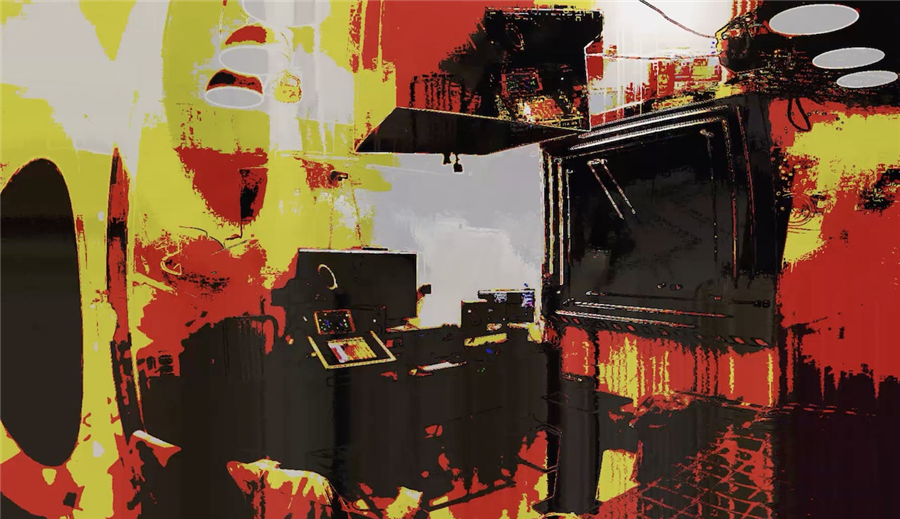- Home
- News
- Making sense of Coronavirus through dialogue, music and video: Q&A with Nafis Ahmed
Making sense of Coronavirus through dialogue, music and video: Q&A with Nafis Ahmed
21 September 2020

As part of the Transforming Narratives Digital Collaborations programme, Bengali artist Nafis Ahmed will produce two digital artworks, one in his home city of Dhaka and the other with a Birmingham artist as part of an open call in partnership with Birmingham Museums Trust.
Nafis, who has an arts management background, is passionate about technology and, inspired by the European club scene and working with digital entertainment products, he will explore the relationship between art, media and technology.
He aims to launch his digital artwork, BLKBX Dystopia, in November, followed in December by the Birmingham artist’s premiere and an open discussion session led by both artists with an audience Q&A opportunity.
We caught up with Nafis to find out a little more about his practice and plans for BLKBX Dystopia.
TN: What attracted you to the Transforming Narratives Digital Collaborations Programme?
Nafis: I have been exploring the realms of digital and physical art forms for the past three years and I am looking at bridging these two worlds. As a previous TN fellow [Nafis visited Birmingham in spring 2019 as part of a TN exchange], I came across the call and it felt very close to what I was experiencing both in terms of my ideas at work and also through the sudden change in life [caused by the pandemic].
During the lockdown I have been exploring this new world further, in particular the digital sphere, and have tried to refocus my approach from a physical one.
TN: What are the aims of your project?
Nafis: The collaboration will result in two digital artworks created around the theme of a dystopian world heightened by the global pandemic.
My digital artwork will be approximately 10 minutes in length. The digital format of the Birmingham artist's work will be selected by them but could range, for example, from a short film to a digital zine.
This will be a defining project, as it will be my first purely digital project in the space of extensive cross-media format, which merges technology, art and communication into one platform. For the Birmingham artist, who is anticipated to be at an early career stage, this will represent an important developmental opportunity to work with an international artist and one of the city's major cultural institutions.
TN: How will this fulfil the Transforming Narratives Digital Collaborations Programme brief?
Nafis: The artwork created will form a lasting digital record of the global pandemic from two different but complementary perspectives, giving insights and bridging identities between Bangladesh and Birmingham.
The artworks will be developed in collaboration with BMT's curator and shared by its digital and engagement teams.
Beyond the project itself, this represents an opportunity for all partners to develop a critical, nuanced understanding of the global pandemic. Through this work there is potential to build a partnership that can develop going forward, particularly in relation to BMT's programme marking the anniversary of Bangladeshi independence in 2021. These artworks will also be showcased at BMT in a physical format later.
TN: What does your project involve and what techniques and technologies will you be using?
Nafis: BLKBX will be based on the experiences of people and places of Dhaka and I will create an immersive digital abstract 3D artwork.
Digital material collected through BMT's ‘Life in Lockdown' project will then provide a contrast to material collected in Dhaka.
For the visual elements, 360-degree footage of Dhaka will create the illusion of immersion, while 3D animations will lend a sense of surrealism. Added to this, snippets from the local talk shows, news, and pop-cultural references, shall provide a subtle taste of a documentary.
The score created to accompany the visuals will be set to a darker tone, with ambient soundscapes, noise, and a mix of polyrhythms punctuated with a first-person narration.
Note: The views and opinions expressed in projects funded by Transforming Narratives are those of the artists and organisations delivering the projects, and do not necessarily reflect the policies or position of Transforming Narratives, Culture Central, the British Council or Arts Council England.
← Read other news articles